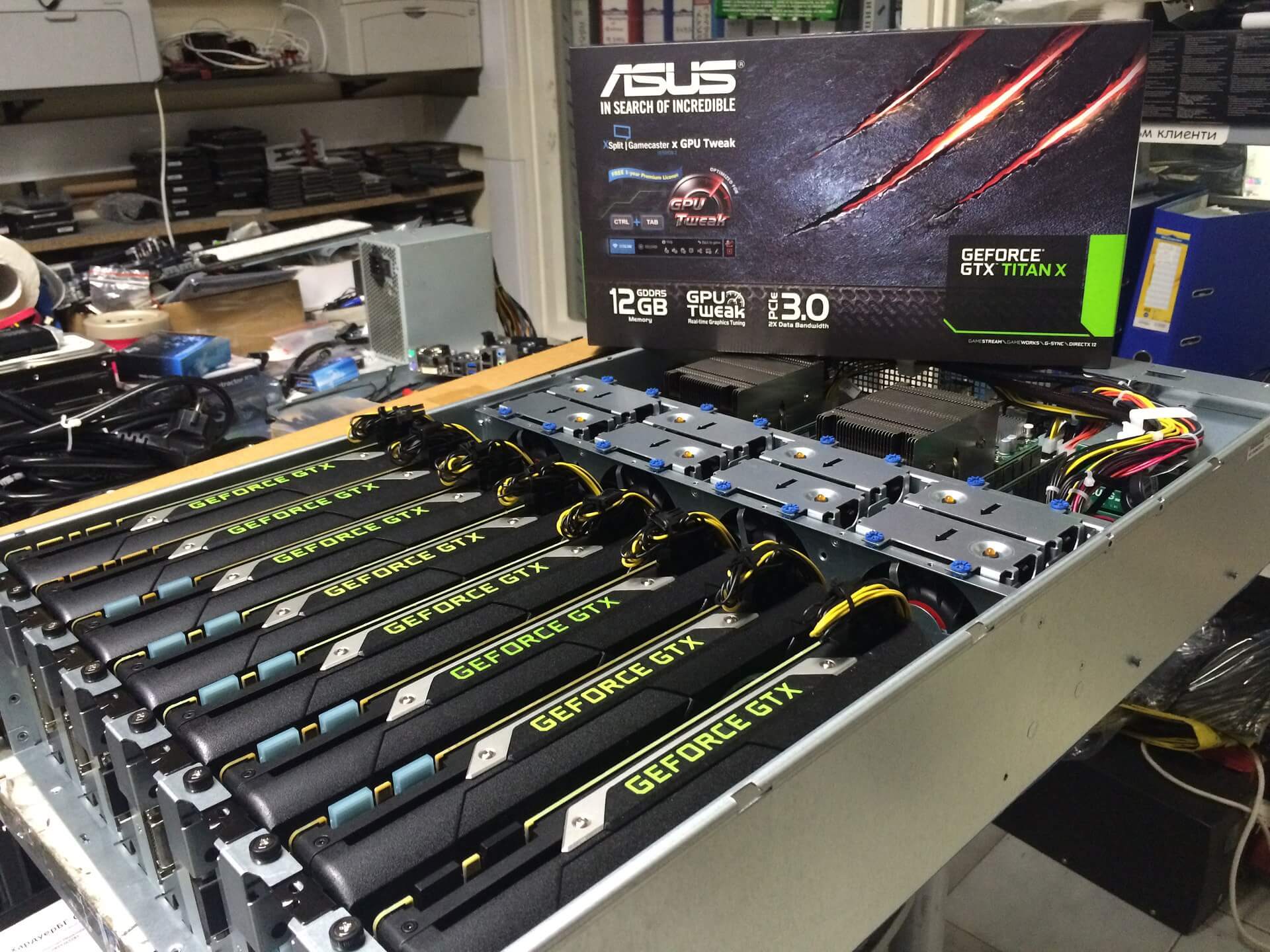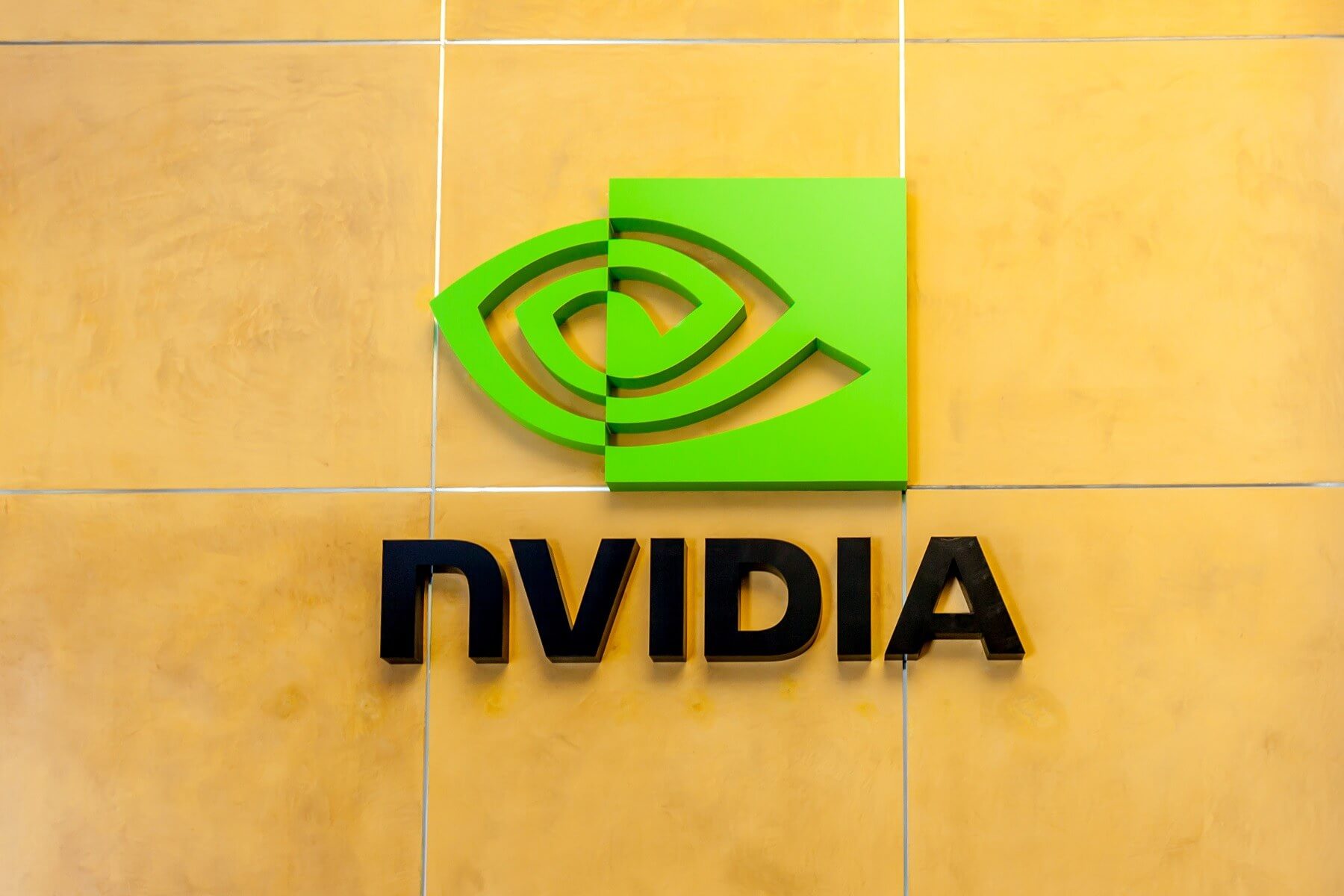Recap: Remember when Bitcoin reached its record near-$20,000 high back in 2017 and graphics card prices went through the roof? It might have been a dark time for non-mining consumers, but AMD and Nvidia were enjoying the profits. In the case of the latter, however, it's been alleged in a lawsuit that the company reported $1billion in crypto revenue as gaming revenue.
As per The Register, the suit dates back to 2017, but an amended complaint was filed this week in California. It comes from a group of angry investors, who say Nvidia misled them with its financial reporting.
2017 was the year when cryptocurrency exploded, with Bitcoin coming close to $20,000 in December and other coins reaching record highs. The profit from mining led to graphics cards being bought in bulk for mining rigs, which resulted in shortages and hugely inflated prices. Despite Nvidia's promise that it remained focused on gamers, few members of its core market could afford or were willing to buy its products.

"In early 2017, Nvidia faced an unusual problem: its flagship product was flying off the shelves. Under normal circumstances, such a trend would be cheered," the suit reads.
"But the enormous sales growth owed not to an increase in demand from gamers (Nvidia's traditional consumer), but rather to bands of online prospectors who were buying up the processors by the thousands and deploying them in massive datacenters to solve complex mathematical problems in pursuit of digital tokens."
While everything seemed rosy for Nvidia, the suit claims it knew the cryptocurrency craze would come to a sharp end, so it decided to conceal much of the cryptomining sales. It's alleged that the company insisted its dedicated mining cards were being sold to miners, and the booming gaming graphics card sales were coming from gamers. In reality, both miners and some gaming fans were buying up gaming GPUs.
Investors say that by reporting mining revenue as gaming sales, it appeared that Nvidia's GeForce products were doing well and wouldn't be affected by a crypto crash.
"Launching the crypto SKU and reporting its sales in the OEM segment thus allowed defendants to claim that any mining-related revenues were cordoned off in OEM, creating the impression that Nvidia's crown jewel gaming business was insulated from crypto-related volatility (and the crash in demand that would follow the cryptocurrency markets' inevitable bust)," the suit claims.
When the inevitable happened and crypto prices crashed, Nvidia's shares fell 19 percent in November 2018, losing almost half their value a month later. It's claimed that the company under-reported its cryptocurrency-mining revenues by around $1.13 billion.
The suit seeks damages for what it claims was a violation of US securities laws, but it would be surprising if the complaint succeeded. Why would Nvidia report gaming card sales in a segment other than 'gaming,' even if they weren't being used for that purpose? And it's not as if buying multiple GeForce cards for cryptomining was a secret.
